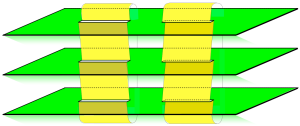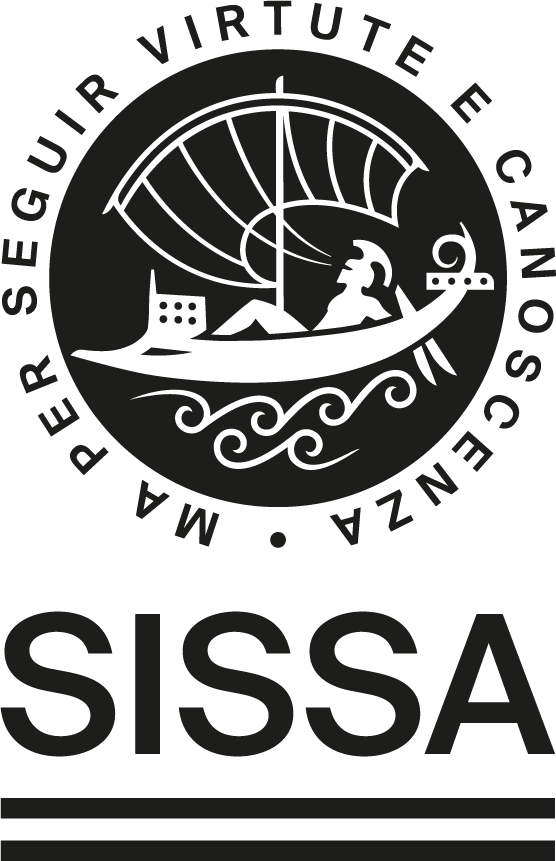- PIs: Calabrese, Tonni, Dalmonte

Entanglement is the most disturbing and, at the same time, fascinating property of quantum mechanics since its early days. During the last decade, it became a very powerful tool for the study of many-body quantum systems especially for the identification of critical and topological phases of matter. Quantifying the entanglement allowed an elegant and finer characterisation of many extended quantum systems, becoming also a guiding principle to develop a whole family of numerical algorithms called tensor networks. All these efforts in getting insights about the nature of entanglement in different quantum systems lead to a cross fertilisation of ideas in different areas such as condensed matter, statistical physics, quantum information, quantum field theory, and quantum gravity.
Our research focuses on many aspects of entanglement measures in extended systems (entanglement entropy, spectrum, negativity, and few more) both in and out of equilibrium by using several advanced techniques. These include integrable and conformal field theories, Toeplitz matrices techniques, random matrices, tensor network states, and holographic methods (gauge/gravity correspondence).

